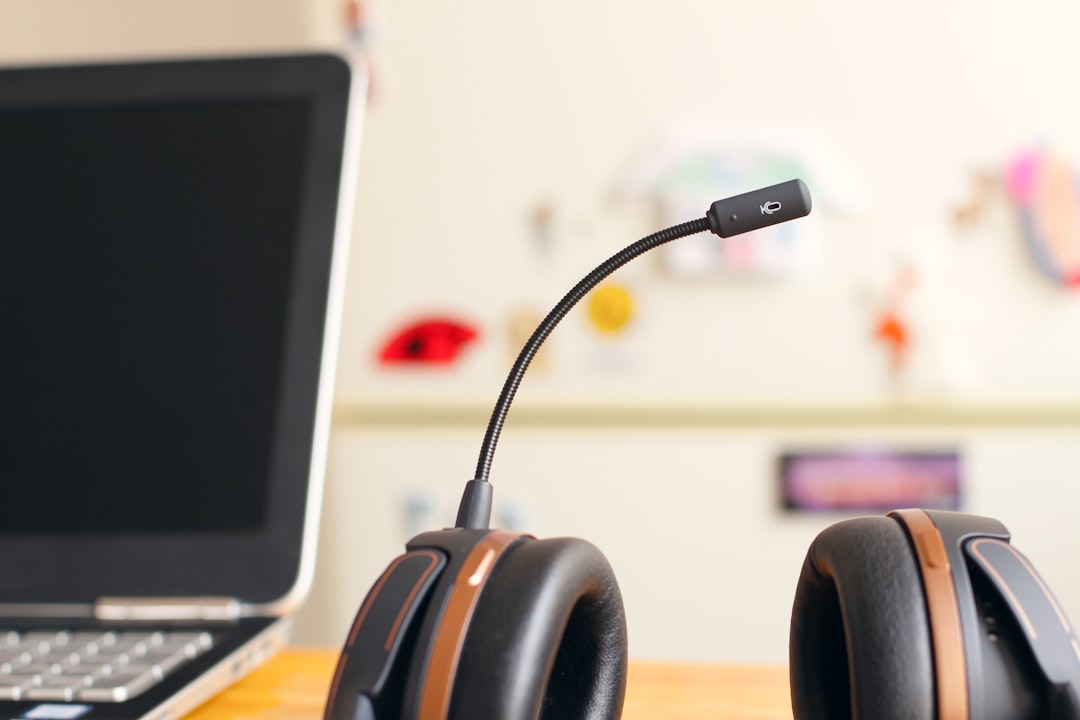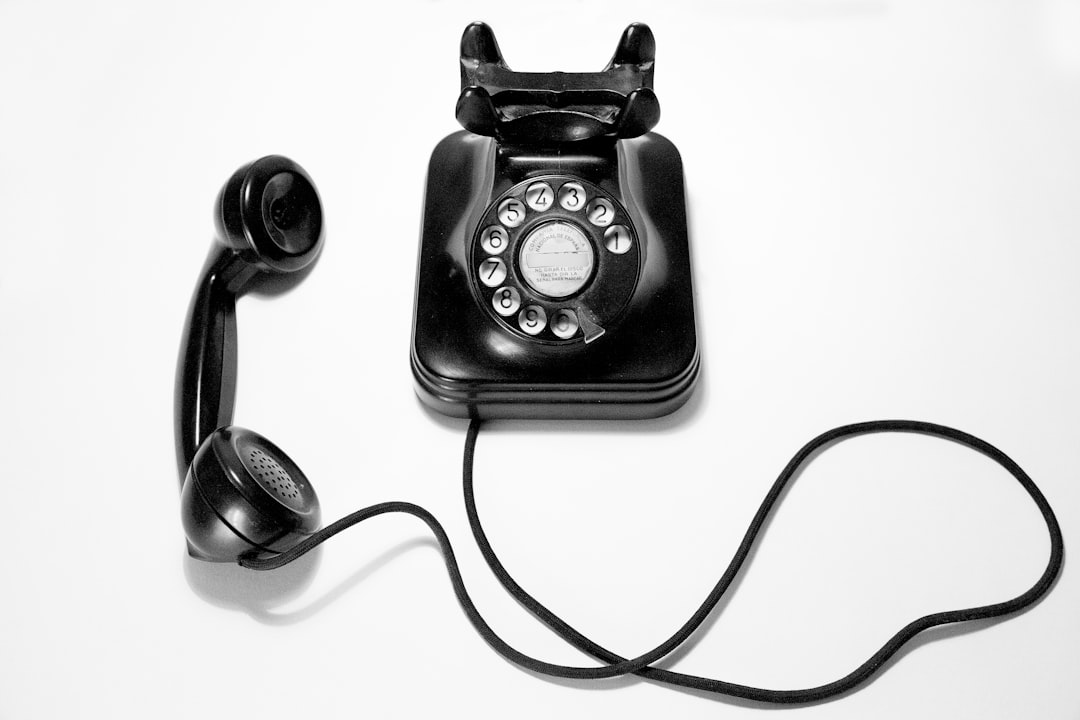Utah residents protected by Telephone Consumer Protection Act (TCPA) against unauthorized robocalls. Legal action, including suing for damages, available if consent not obtained. Businesses must comply with TCPA regulations and "Do Not Call" registry to avoid legal troubles. Consult a consumer rights specialist for guidance on Can I Sue For Robocalls Utah.
In the digital age, robocalls have become a ubiquitous yet intrusive presence, impacting businesses and consumers alike. This article explores the effect of automated phone calls on Utah’s business landscape and delves into the legal protections available under state laws. We examine when robocalling is permissible and uncover the rights of Utah residents. Additionally, we provide strategies for businesses to counter unwanted robocalls, including legal options like suing for robocalls in Utah, offering practical solutions for a quieter, more productive business environment.
Understanding Robocalls and Legal Protections in Utah

Robocalls, or automated phone calls, have become a ubiquitous yet often unwanted part of modern communication. In Utah, businesses and individuals alike face a surge in these automated messages, leading to concerns about privacy and legal protections. The Telephone Consumer Protection Act (TCPA) is a federal law designed to curb abusive robocalling practices by providing substantial penalties for violators.
Under the TCPA, businesses are restricted from making automated calls without prior express consent, especially for marketing purposes. Utah residents have the right to sue for damages if they receive robocalls in violation of these regulations. If you’re asking, “Can I sue for robocalls in Utah?” the answer is yes—it’s a legal option available to protect your privacy and hold responsible parties accountable.
When Is Robocalling Legal? Utah's Consumer Rights

In Utah, as in many states, robocalls are regulated to protect consumers from unwanted and deceptive practices. The Telephone Consumer Protection Act (TCPA) provides significant consumer rights regarding automated phone calls, including robocalls. Generally, businesses must obtain explicit consent from individuals before placing automated calls for marketing purposes. This means that a clear and unambiguous opt-in or agreement is required for a call to be considered legal.
If you’ve received a robocall in Utah and believe your rights have been violated, you may have recourse. The TCPA allows consumers to sue for damages if they experience unwanted robocalls. If you can prove that the calls were made without your permission or in violation of established guidelines, you could be entitled to compensation. This includes not only financial losses but also emotional distress caused by harassing or deceptive robocalls. Therefore, if you’re considering taking legal action due to Can I Sue For Robocalls Utah, consult with a lawyer who specializes in consumer rights and TCPA litigation.
Strategies for Businesses: Combating Unwanted Robocalls

Utah businesses, like many across the nation, are grappling with the rising issue of unwanted robocalls. While some calls may be legitimate marketing efforts, others can be frustrating and even illegal. To combat this growing problem, businesses have several strategies at their disposal.
Firstly, staying informed about state and federal regulations on telemarketing practices is crucial. In Utah, for instance, the “Do Not Call” registry plays a significant role in curbing unsolicited calls. Businesses should ensure they are compliant with these rules to avoid legal repercussions. Additionally, implementing robust call screening and blocking systems can significantly reduce the volume of robocalls received. Businesses can also educate their customers about the dangers of answering unknown numbers and encourage them to report suspicious or harassing calls. Lastly, considering legal actions like suing for robocalls in Utah may be an option for severe cases, but it should be approached with guidance from legal experts.






